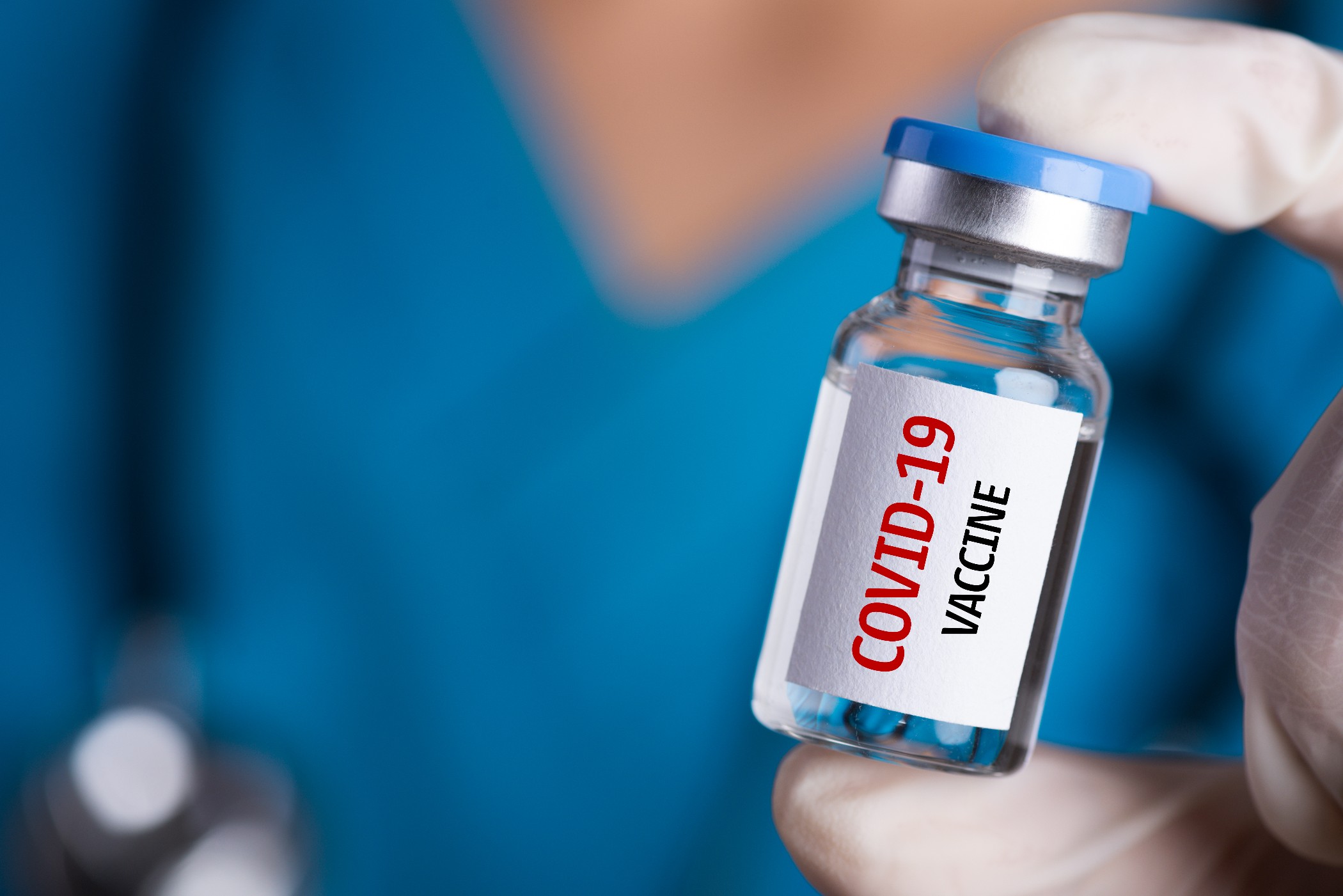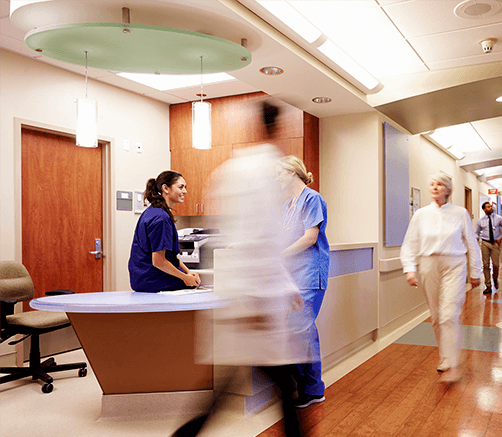On Wednesday 30 August, the Department of Health and Social Care (DHSC) and the UK Health Security Agency (UKHSA) announced that due to risks presented by the new BA.2.86 variant, the NHS should take pre-emptive steps to bring forward the adult COVID-19 and flu vaccination programmes.
Individuals who are most at risk, including those who are immunosuppressed, will be invited from 11 September. From the 18 September the NHS will start to invite people in priority order of risk and those eligible will be able to book an appointment on the National Booking Service.
www.gov.uk/government/news/flu-and-covid-autumn-vaccine-programmes-brought-forward
The Joint Committee on Vaccination and Immunisation (JCVI) says the following groups should be offered a Covid booster vaccine this autumn:
- Residents in a care home for older adults
- All adults aged 65 years and over
- Adults and children aged 6 months to 64 years in a clinical risk group, which includes pregnant women
- Frontline health and social care workers
- People aged 12 to 64 years who live with people who are immunosuppressed
- People aged 16 to 64 years who are carers
Why do I need a seasonal COVID-19 vaccine, when I have had a COVID-19 vaccine last winter?
If you are eligible for the COVID-19 vaccine based on the JCVI recommendations, it is important to top up your protection, even if you have had a vaccine or been ill with COVID-19 before, as immunity fades over time and COVID-19 viruses change each year.
The vaccines give you additional protection to that gained from previous infections. If you have had recent COVID-19 you will still get extra protection from the vaccine, but you will need to wait 4 weeks before getting vaccinated.
Is the COVID-19 vaccine safe and effective?
COVID-19 vaccination has a good safety record and gives you the best protection against the virus. Evidence from COVID-19 vaccination indicates that it reduces mortality, can reduce hospitalisation and may have some benefit in transmission. Millions of adults and children around the world have had a COVID-19 vaccine. The safety of the vaccines has been extensively reviewed in both adults and children by independent Medicines and Healthcare products Regulatory Agency (MHRA). The vaccines continue to be monitored and reports of serious side effects are very rare.
What are the common side effects of the COVID-19 vaccine?
As with your previous dose, the common side effects are the same for all COVID-19 vaccines used in the UK, and include:
- Feeling tired
- A headache, general aches or mild flu-like symptoms
- Feeling or being sick
You can rest and take paracetamol (follow the dose advice in the packaging) to help make you feel better.
Are there any serious side effects to having the COVID-19 vaccine?
Worldwide, there have also been very rare cases of inflammation of the heart called myocarditis or pericarditis reported after some vaccinations.
These cases have been seen mostly in younger men within several days after vaccination. Most of these people recovered and felt better following rest and simple treatments.
You should seek medical advice urgently if, after vaccination, you experience:
- chest pain
- shortness of breath
- feelings of having a fast-beating, fluttering, or pounding heart
These side effects are very rare and greatly outweighed by the risks of severe disease from getting COVID.
Why should health and social care professionals receive the seasonal COVID-19 vaccine?
To maintain a high level of protection through the coming winter, frontline health and social care professionals will be offered a seasonal vaccine to protect themselves and those in their care who are most at risk. With both flu and COVID-19 expected to be circulating this winter, it’s important to boost your immunity and help protect yourself and others.
Is there anyone who shouldn’t have a seasonal COVID-19 vaccine?
There are only a very small number of eligible people who should not have a seasonal dose for clinical reasons. If you have had a severe reaction to a previous dose of the vaccine you should discuss this with your doctor.
How and when will I receive my seasonal COVID-19 vaccine?
The vaccination may be offered directly by your employer or you can book by downloading the NHS App, online or by calling 119. There may also be walk-in vaccinations available your area. Find your nearest COVID-19 vaccination walk-in site at www.nhs.uk/covid-walk-in.
I’m pregnant or breastfeeding – can I get the COVID-19 vaccine?
Yes, when seasonal vaccinations are available, having the vaccine will help protect you against severe illness. Vaccination against COVID-19 is safe at any stage during pregnancy. You will be offered a vaccine that is suitable for you. If you have any questions, you can discuss having the vaccine with your GP practice or maternity team. COVID-19 vaccination is also safe when breastfeeding.
Has the COVID-19 vaccine been given to people like me?
As with any medicine, vaccines are highly regulated products. There are checks at every stage in the development and manufacturing process and continued monitoring once it has been authorised and is being used in the wider population.
Each of the vaccines are tested on tens of thousands of people across the world. They are tested on people of all age groups, including people with underlying health conditions and people from different ethnic backgrounds. The vaccine has now been given to millions of people worldwide, helping to reduce mortality, hospitalisations and slow the spread of the virus globally.
I’ve had COVID-19 already. Do I need to get the seasonal vaccine?
Getting vaccinated is just as important for those who have already had COVID-19 as it is for those who haven’t.
The COVID-19 vaccine provides additional protection, beyond that of natural immunity from previous infection alone, against serious complications of infection. You should also have some protection from the mild symptoms.
If you have had COVID-19 you will still get extra protection from the vaccine, but you will need to wait four weeks before getting vaccinated.
Will I get the seasonal COVID-19 vaccine at the same time as my flu vaccine?
Where possible, we encourage you to get both vaccines in the same appointment to save you time and ensure you are protected against both viruses. If this is not possible, we encourage you to get each vaccine as soon as you can, rather than waiting to get both at the same time.
Is it safe to have the flu and COVID-19 vaccines at the same time?
The JCVI has advised that, for most people, it is fine to have the flu and COVID-19 vaccines at the same time. You may be offered them at the same time or you may be offered, or to decide to have them, separately. We would encourage you to get both vaccinations as soon as you can and not delay.
For more information visit www.
Eligible people should wait to receive an invite from their local provider.
From 18 September, the NHS will start to invite people in priority order of risk and those eligible will be able to book an appointment on the National Booking Service.


